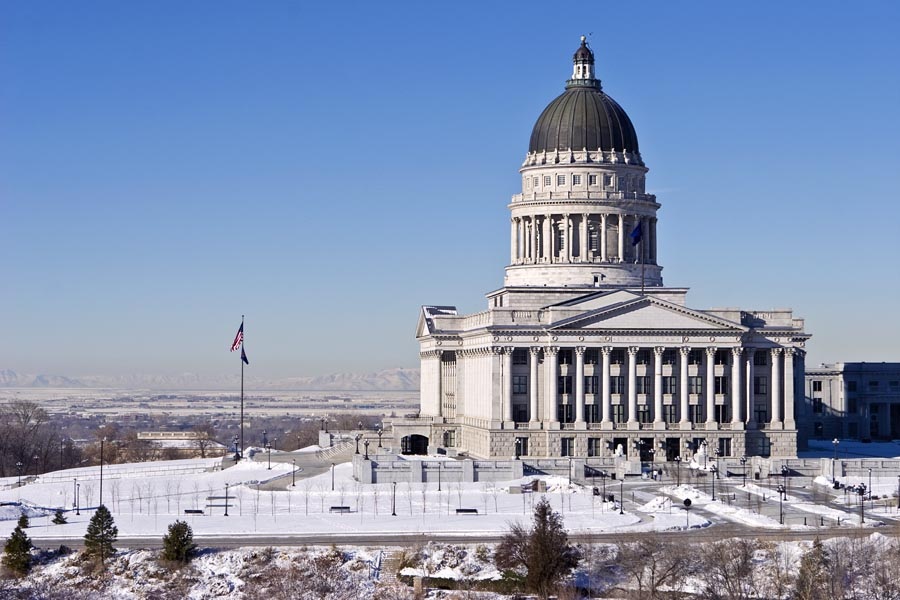| I would guess a lot of conservative lawmakers in Utah share the opinion that elected representatives, not an unelected judge, ought to decide important matters. “Judicial activism” is a term best left out of polite conversation, unless you agree it’s contributing to the decline of civilization. How ironic, then, that lawmakers have decided an important matter — how to select members of the State School Board — should be left in the hands of one unelected man, U.S. District Judge Clark |
| | Waddoups. I suppose you could argue it was Waddoups, in the first place, who interjected himself in this matter by ruling last year that the way the state selected school board candidates was unconstitutional. But if you do, you haven’t studied how carefully he reached his decision. This was no power grab. The old way of doing it was convoluted and unfair. No matter how many candidates signed up to run, a review committee would throw out the names it didn’t like and pick three or so finalists per district to give the governor, who then would select two names for the ballot. This gave “unfettered discretion” to the committee and the governor, Waddoups ruled in a case brought by two rejected candidates. It violated the free speech rights to campaign and make the case for election. In all, 63 candidates signed up last year and, for one reason or another, were not elected, according to a Deseret News story. Waddoups, however, refused to dictate a solution. He said the way candidates are chosen in the future, “should not be crafted by the court.” “That’s OK, your honor,” lawmakers effectively said in return, “you go ahead.” In the annual session that ended earlier this month, the Legislature entertained seven bills to resolve the matter. They passed none. In the end, the House rejected a compromise that would have opened the 2016 elections to partisan candidates, but allowed voters to decide whether the governor should appoint all 15 board members in the future, with approval of the Senate. Interestingly, the one solution the public prefers, according a Utahpolicy.com poll by Dan Jones and Associates, wasn’t part of that compromise. That solution would be for a nonpartisan election that includes all candidates. But it poses problems. In an age when American public schools are performing poorly in comparison with those in other nations, when states and the federal government are toying with controversial ways to coax better accountability, when school choice is a hot-button issue sure to start a fight and the Information Age is challenging outdated Industrial Age methods, it would be naïve to think state school board positions ever could be truly nonpartisan. Supporters of the state’s many charter schools understand this. They oppose nonpartisan elections because they worry defenders of traditional schools, who resent charters, would end up filling the board. But partisan elections leave the governor out of the process. It would be hard to find a recent candidate for governor who hasn’t promised to do something in connection with public education, when in reality there is precious little a Utah governor can do. The website for the National Association of State Boards of Education says the purpose of the state board, “as a lay body over state education,” is to be an “unbiased broker” … “focusing on the big picture” and the “long-term vision and needs of public education …” This is hardly a trivial matter in a state filled with school-age children. Let’s be honest about one thing: Underlying this issue is the unstated truth that most voters have no idea how to select a state school board member. Ignorance is hardly a virtue in the battle for excellence; but then, neither is a solution dictated by a federal judge. In all but 10 states, governors appoint at least some members of the board, according to the association of school boards. Some states give the governor a few, the Legislature a few and leave the rest to elections. My preference is for this kind of mixed solution. But regardless, this is a test for legislative leadership, who ought to bring a solution to a special session rather than punt to the Judicial Branch. |


 RSS Feed
RSS Feed

